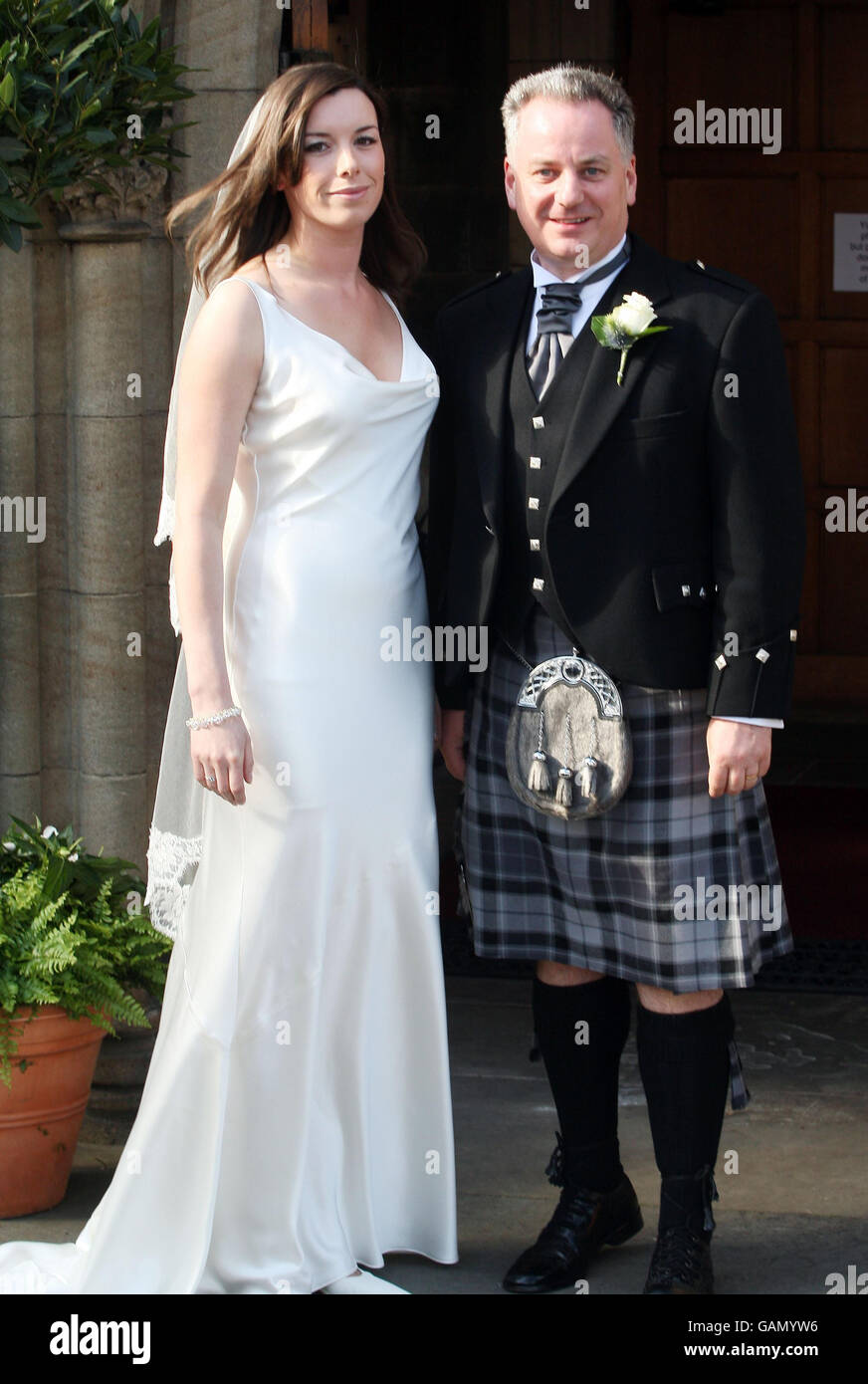Is it truly a coincidence, or something more insidious, that a judge's ruling sparks controversy, and then, almost immediately, information about his daughter’s employment surfaces online? The recent events surrounding U.S. District Judge John McConnell Jr. and his daughter, Catherine, have thrust the intricacies of potential conflicts of interest, political maneuvering, and the power of social media into the harsh glare of public scrutiny.
The story began with a legal decision. Judge McConnell, presiding in a case involving the Trump administration's pause on federal grants, issued an injunction that halted the freeze. His ruling, grounded in constitutional concerns, drew the ire of those who supported the grant freeze, and the matter did not stop there. Critics were quick to question the judge's impartiality, with whispers of political bias gaining momentum. Then came the online eruption, fuelled by a tweet from Elon Musk, re-posting a message from influencer Laura Loomer. This digital volley, accusing Judge McConnell of a conflict of interest, ignited a firestorm that continues to smolder.
| Category | Details |
|---|---|
| Full Name | John J. McConnell Jr. |
| Date of Birth | (Information not available in the provided text) |
| Education | (Information not available in the provided text) |
| Profession | U.S. District Judge |
| Notable Positions | U.S. District Judge |
| Political Affiliation/Donations | Known Democrat donor |
| Key Actions/Rulings | Issued an injunction against the Trump administration's federal government grant pause (January 31, 2025) |
| Controversies | Accusations of conflict of interest due to his daughter's employment at the Department of Education. |
| Family | Daughter: Catherine McConnell (Senior Policy Advisor, U.S. Department of Education) |
| External Link (for Reference) | John J. McConnell Jr. - Wikipedia |
The core of the controversy resides in the familial connection. Judge McConnell's daughter, Catherine, holds a position as a senior policy advisor at the U.S. Department of Education. This seemingly innocuous fact becomes a lightning rod when juxtaposed with the judge's legal decisions, which, according to critics, could potentially influence his daughter's professional interests. Accusations of leveraging judicial authority to safeguard his daughter's financial well-being began to circulate. The proximity of his ruling to the department where his daughter works fueled these speculations.
The speed at which information, including Catherine’s full name, her job title, and even a tax statement, was disseminated online highlights the potent nature of social media. The act of reposting this information, often termed “doxxing”, raises crucial questions about privacy, free speech, and the potential for intimidation. While some argue that the information, being publicly available, doesn’t constitute doxxing, others maintain that the targeted sharing of such details can create an environment of harassment and fear.
Elon Musk’s involvement further complicates the narrative. As a prominent figure with a vast online following, Musk's endorsement of these accusations carried substantial weight. His actions, mirroring the tactics of those who opposed the judge’s ruling, amplified the accusations and broadened their reach. Musk's past stances on data privacy and free speech further complicate the situation. His actions, however, also bring to light the double standards that can exist within public discourse.
The judge's ruling, grounded in constitutional principles, faced immediate opposition. His decision, which relied on the legal precedent set by U.S. Supreme Court Justice Brett Kavanaugh when he was an appeals court judge, did not deter the critics. The Trump administration's initial pause on federal funds was declared likely unconstitutional, a ruling which the Judge reiterated in a subsequent court order. The implications of this decision extended beyond the courtroom, and the conflict sparked a wider debate about the relationship between the judiciary, the executive branch, and the allocation of federal resources.
The potential for a constitutional crisis, as suggested by some, looms large. The allegations of bias and conflict of interest have the potential to undermine public trust in the legal system. If a judge is perceived as being swayed by personal or political interests, the foundation of impartial justice is weakened. This erosion of confidence can be profoundly detrimental to the very fabric of a democratic society.
The lines between legal precedent, political maneuvering, and personal connections are increasingly blurred in the digital age. The McConnell case, as it unfolds, is a stark reminder of the complexities that accompany these issues. This case also highlights how individuals in powerful positions can be subjected to extraordinary scrutiny, and how the rapid spread of information can reshape public perception.
The incident also shines a light on the inner workings of the Democrat bureaucracy, as the question of Judge McConnell's impartiality is increasingly being debated online. Was the judge's ruling a neutral decision, or was it, as some claim, influenced by his daughter’s position? The questions themselves reflect the concerns of those who question the current political landscape.
As this story evolves, the ramifications for the judiciary, the political landscape, and the ongoing debate over privacy in the digital sphere, will continue to unfold. The incident, in its many layers, serves as a case study on the evolving dynamics of power, ethics, and the pervasiveness of information in the modern world.

